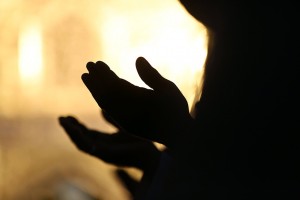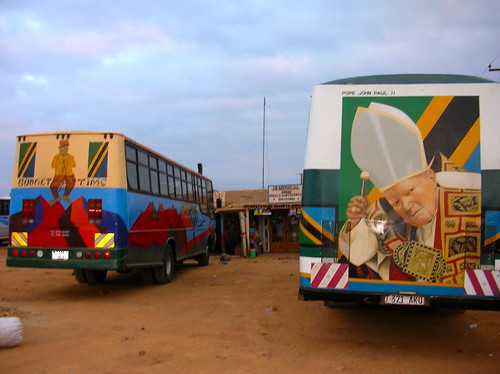This proposal tests the hypothesis that different “theories” of mind will shape the way prayer practice is experienced and the kind of spiritual experience with which it is associated. The project director has done many years of ethnographic and experimental research on prayer and spiritual experience within a gently charismatic evangelical congregation in the United States and identified specific patterns of interpretation, proclivity, and practice consequence associated with kataphatic, or imagination-rich, prayer. In this prayer practice, people conduct unscripted conversations with God in their imaginations. The aim of this new project is to compare the experiences of congregants in similar churches in India and Africa to ask whether the patterns observed in the American context differ systematically in the non-American contexts. More specifically, the project asks:
1. How do congregants in three culturally disparate settings represent the aim and experience of these imaginal dialogues and other imagination-rich prayer practices?
2. What specific spiritual experiences (for example, the audible voice of God; tongues; out of body phenomena; etc) do congregants in these three culturally disparate settings recognize, elaborate and report?
3. Do congregants in India and Africa who report more prayer practice, more spiritual experience, or more vivid interactions with God also score more highly in ‘absorption,’ as American congregants do?
4. Do any differences reflect differences in local ‘theories’ of mind?
Objectives and methods:
Over the two year course of the project I intend to spend two months in each field setting. In each setting I plan to collect thirty interviews about prayer and spiritual experience from members of a denomination with which I have done extensive work in the United States and rich ethnographic material about the congregations. I expect that the pastors will be English speaking, that may congregants will speak English and that some services will be conducted in English, although not all. I also intend to conduct ethnographic interviews around the church and to hire a research assistant either from the church, or willing to spend time in the church, who will attend church services, keep me apprised of what is happening in the church and with people whom I interview. The field assistant may also conduct additional interviews in a language other than English. Finally, I intend to develop a model of the local theory of mind, drawing on published ethnography, conversations with colleagues, and specific probes among interview subjects and others. I anticipate doing twenty ‘theory of mind’ interviews among congregants and non-congregants to confirm the observations developed through reading the ethnography and discussing the material with colleagues.
Intellectual significance and broader impact:
Much psychological work on prayer tends to presume that the effects of prayer are independent of social context. This project starts with prior work that demonstrates psychological consequences to prayer practice, but provides a means to explore and to theoretically conceptualize the ways that the spiritual consequences of similar prayer practices may differ across cultural boundaries.
I have just published a book which demonstrates a capacity to speak to scholars and scientists, to Christians, and to the secular world. I am hopeful that I will be able to engage a similar range of audience with the material from this study, with publications both in scientific articles and in book form. Such a book will bring to public attention the importance of studying prayer as a complex phenomenon, one with cognitive consequences shaped both by the brain’s capacity and by culture’s invitation.
 The news from Nigeria that makes world headlines is most often about violence being done in the name of Islam, but Ebenezer Obadare’s research brings to light a more positive development in the Muslim/Christian relationship. He calls it competitive amity.
The news from Nigeria that makes world headlines is most often about violence being done in the name of Islam, but Ebenezer Obadare’s research brings to light a more positive development in the Muslim/Christian relationship. He calls it competitive amity.



